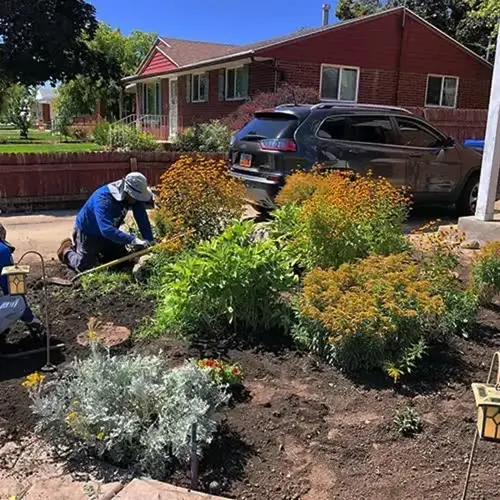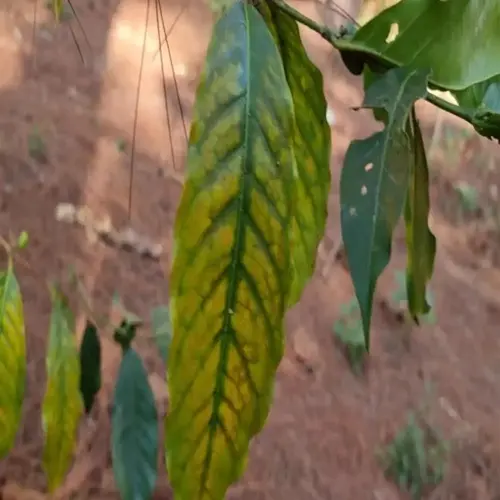Is homemade compost sufficient for all soil needs?

Written by
Paul Reynolds
Reviewed by
Prof. Charles Hartman, Ph.D.Homemade compost forms an excellent source of organic matter for the garden. Still, it rarely provides all the nutrients necessary for complete nutrition by itself! While it improves soil structure and microbial activity, it typically does not supply sufficient minerals, such as potassium or trace elements. I became aware of this deficiency one summer, as all my garden plants, which were fed large amounts of homemade compost to enhance their microbial activity, began to demonstrate symptoms of potassium deficiency. It is more than likely that your gardens also require additional amendments that include complete nutrients.
Compost is primarily a source of nitrogen and carbon, but it lacks the essential minerals that plants require. When you are short on potassium, your plants' stems will be weak, and fruit will be poor in size and quantity. Deficiency in trace minerals will result in leaf discoloration and make your plants more susceptible to disease. Soil testing identifies exactly which minerals are missing. I conduct soil tests every two seasons, so I adjust my soil amendment plan accordingly.
Mineral Boosters
- Greensand: Potassium for heavy clay soils
- Rock dust: Trace elements like zinc and iron
- Apply based on soil test deficiencies
Nitrogen Sources
- Cover crops: Legumes fix atmospheric nitrogen
- Alfalfa meal: Fast-acting nitrogen supplement
- Use during active growth periods
Soil Conditioners
- Coconut coir: Improves moisture retention
- Perlite: Enhances drainage in dense soils
- Mix with compost for optimal texture
Make deliberate choices about combining supplements with your compost. Use a layer of greensand underneath your compost in clay beds. Incorporate a one- to two-inch layer of rock dust on top of existing compost piles just before it stews. During your cover cropping period, utilize your cover crop as the interstitial material between growing seasons. I use all of these in combination for balanced fertility. It's all balanced nutrition for your plants, this way.
Apply amendments during ideal seasons and conditions. Mineral amendments are effective in the fall for winter integration. Nitrogen-based amendments are best applied in the spring before planting. I typically time amendments with my compost turning cycles. Your amendments will integrate very well when the timing is right.
This season, begin with one supplement. Start with greensand in your clay beds; alternatively, you can plant a small section of cover crop. I started with rock dust in my compost bins. Continue to supplement, and you will gradually improve your soil.
Read the full article: 10 Essential Organic Soil Amendments

